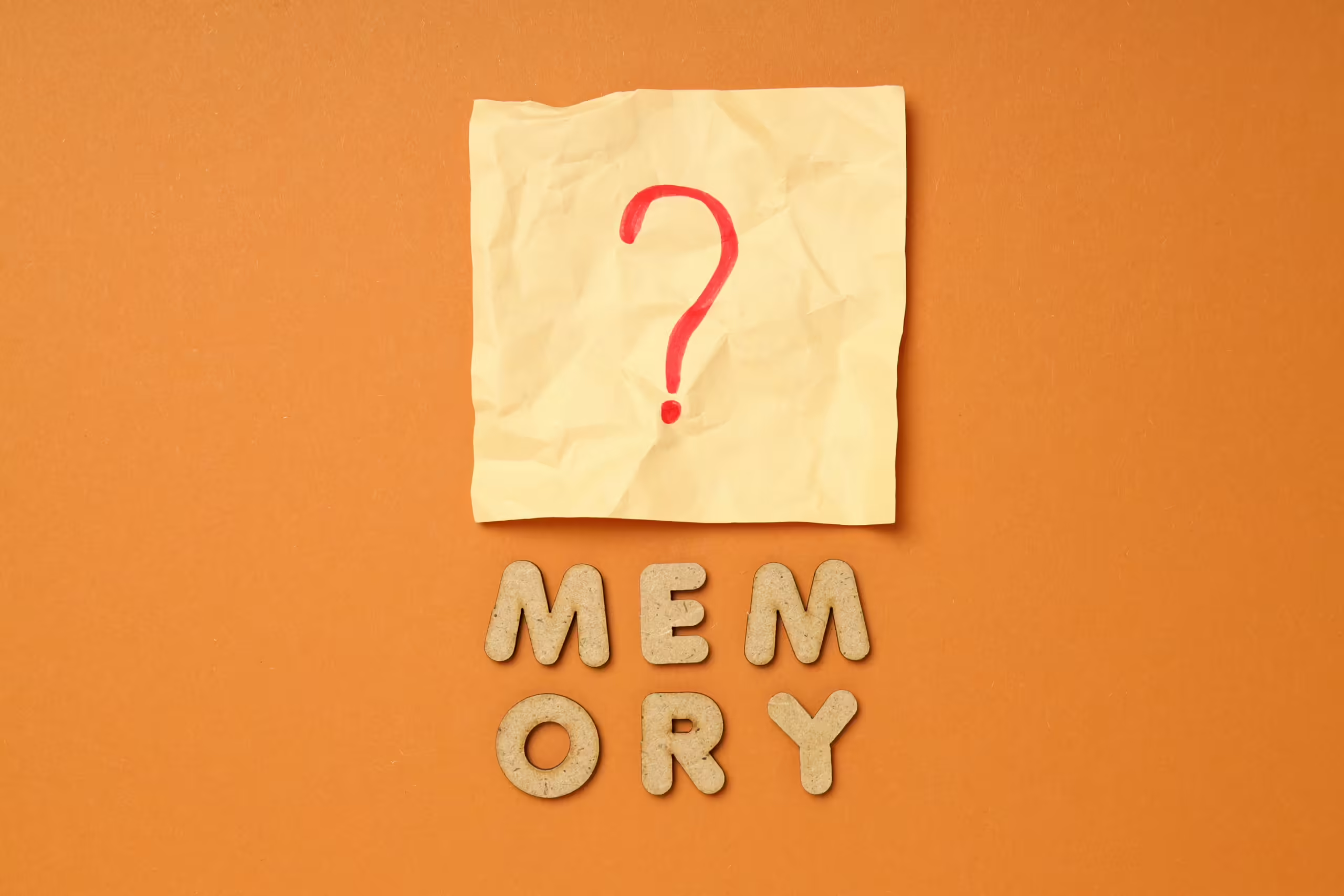Do Women Lose Memory When They’re Depressed?
Depression is a complex mental health condition that affects millions of women worldwide. While its emotional impact is well-known, such as feelings of sadness, hopelessness and fatigue, many people don’t realize that depression can also affect cognitive functions like memory.
As a women-only mental health treatment center, Tapestry understands the unique challenges women face when struggling with depression. One of the lesser-discussed aspects of depression is how it can affect memory, making day-to-day tasks even more challenging.
How Depression Affects Memory
Memory loss or difficulty remembering details is a common complaint among women with depression. This isn’t just forgetfulness; depression can impair various types of memory and cognitive functions. Women may struggle with both short-term memory (such as remembering a conversation that happened earlier in the day) and long-term memory (like recalling events from weeks or months ago).
This memory impairment can be attributed to how depression affects the brain. Research shows that depression alters brain function, particularly in areas involved in memory processing. The hippocampus, a region in the brain responsible for memory and learning, tends to shrink in people who are depressed. Chronic stress and prolonged periods of depression can increase cortisol levels, a hormone that, when elevated for long durations, can damage the hippocampus, leading to memory problems.
Types of Memory Issues Associated with Depression
Women experiencing depression might notice a variety of memory-related difficulties. Here are some common types of memory issues:
- Short-Term Memory Problems: These are the day-to-day memory lapses that can feel frustrating and confusing. You might forget what you were doing moments ago, misplace items or have trouble recalling conversations.
- Concentration Issues: Depression often goes hand in hand with difficulties in concentrating or staying focused on tasks. This lack of concentration can make it hard to store new information, which can feel like memory loss. For example, you might read a page in a book but immediately forget what you just read.
- Long-Term Memory Difficulties: In some cases, depression can affect your ability to retrieve memories from the past. You may struggle to recall happy memories or key moments in your life, adding to the emotional burden that depression creates.
- Executive Functioning Problems: Executive functions are higher-level cognitive processes that include planning, problem-solving and multitasking. Depression can reduce your ability to carry out these tasks efficiently, further exacerbating memory difficulties.
Why Women May Be More Susceptible
While both men and women can experience memory issues with depression, research suggests that women may be more prone to these symptoms due to hormonal factors. Estrogen, a hormone that fluctuates during a woman’s menstrual cycle, pregnancy and menopause, plays a role in regulating mood and cognitive function. When estrogen levels dip, it can exacerbate depression and contribute to cognitive impairments like memory loss.
Women are also more likely to experience conditions like postpartum depression or depression related to hormonal changes, which can increase the likelihood of memory issues.
Managing Memory Loss in Depression
If you’re struggling with memory loss due to depression, know that you’re not alone and there are ways to manage it. Treating the underlying depression through therapy, medication and lifestyle changes can improve cognitive function over time. At Tapestry, we provide a safe, women-centered space where you can explore treatment options tailored to your unique needs. Our holistic approach includes cognitive-behavioral therapy (CBT), mindfulness techniques and lifestyle modifications to help improve both mood and memory.
Additionally, implementing practical strategies can help manage memory difficulties. Writing things down, using reminders on your phone and practicing mindfulness techniques can improve focus and concentration, helping to alleviate some of the cognitive burdens of depression.
Seeking Help
Depression can make even the simplest tasks feel overwhelming, especially when memory loss becomes an issue. If you or a loved one is experiencing memory problems related to depression, it’s essential to seek professional help. At Tapestry, we specialize in treating women with depression and provide comprehensive care to help you regain control of your life.
While depression can affect memory in significant ways, treatment can help mitigate these issues. With the right support, it is possible to improve both mental health and cognitive functioning. Contact Tapestry today to start your journey toward emotional and mental well-being.






